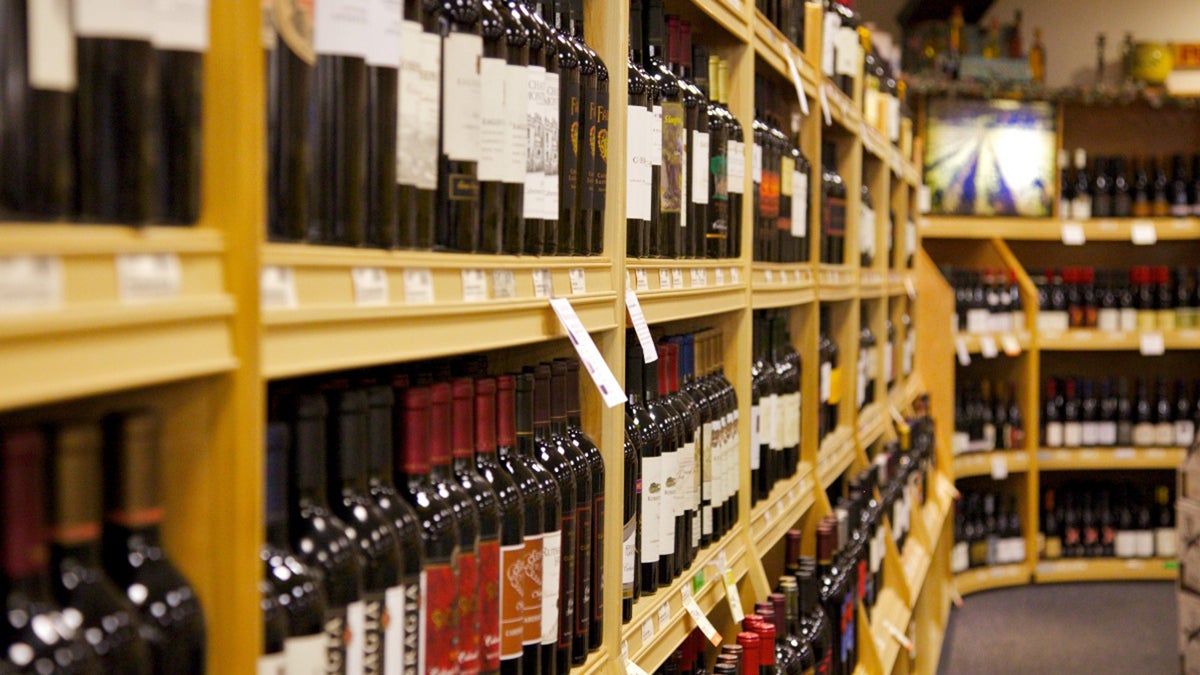11 things to know about Pennsylvania liquor law changes

(NewsWorks file photo)
Republican leaders of the Pennsylvania House surprised many this week when they pushed through a bill to allow sales of wine at groceries and to make other changes to how alcohol is sold. Democratic Gov. Tom Wolf signed it into law a day later. Here are some of its major components.
The law lets about 11,000 holders of restaurant and hotel liquor licenses apply for a new wine-to-go permit that would allow them to sell four bottles per customer.
The law goes live in early August, and there are predictions that consumers could start to see bottles for sale in groceries sometime this fall.
A number of convenience stores with gas stations have been licensed to sell beer following a 2014 court decision, and the new law amends the Liquor Code to take that into account.
Casinos will be allowed apply for a license that would let them sell booze around-the-clock, instead of just 19 hours a day.
Producers will be allowed to apply for a license to make direct shipments. They’ll be able to ship up to 36 cases per year to each customer.
The law does not change how spirits are sold, nor does it direct or anticipate closing any of Pennsylvania’s roughly 600 state-owned liquor stores.
Liquor stores will have much more flexibility to set prices. Lottery sales are now permitted, and the stores can establish customer loyalty programs and use coupons.
Liquor stores were given more power to determine their operating hours. Blanket prohibitions against opening on certain holidays have been removed from the law, as was a provision directing that only 25 percent of stores can open on Sundays.
Some predict as much as $150 million in revenue in the first year.
The law establishes a Wine and Spirits Wholesale and Retail Privatization Commission and gives it six months to recommend further changes.
The law has many other provisions, among them a ban on powdered alcohol.
WHYY is your source for fact-based, in-depth journalism and information. As a nonprofit organization, we rely on financial support from readers like you. Please give today.




